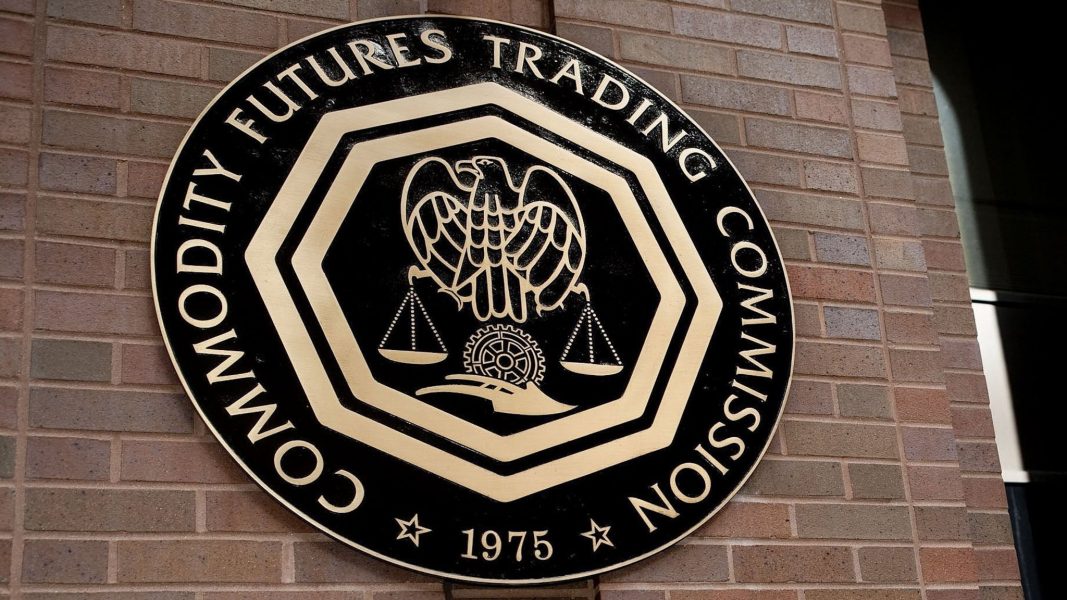08 July, 2020 | AtoZ Markets – US Commodity Futures Trading Commission (CFTC) charged against self-proclaimed "Master Trader" James Walsh of scamming for soliciting the public to trade off-exchange FX for these people's behalf.
According to court documents, Walsh was active since September last year, promoting its trading services on social media platforms such as Craigslist and YouTube, as well as random emails. Walsh fraudulently promoted himself as a very successful FX trader. He claimed that he generated 8%-11% average monthly returns or flat 3% profit guarantees monthly for his clients.
He claimed to pay investors 60% of their profits and keep the rest. To cover the cost of bunker charts and data to develop investment strategies, he charged investors $150 a month. "To achieve these fictitious results, Walsh falsely claimed to have access to legal, inside information about the direction in which forex markets will move," the CFTC said.
James Walsh Targeted Texas With Recession Proof Investments
The CFTC said he wasn't registered in Texas. He had fraudulently advertised a "basically risk-free" venture during the economic downturn from the COVID-19 pandemic. According to the Texas State Securities Board (SSB), he was soliciting investment in a Forex program. He claimed that it was "recession-proof".



Mr. Walsh falsely described his trading experience, trading skills, and trading results. He also did not inform the clients that Texas SSB had issued him a suspension and evacuation order. It was as a result of his fraudulent solicitation but did not comply. The court documents also said:
"The Commission seeks civil monetary penalties and ancillary remedial relief, including, but not limited to, trading and registration bans, restitution, disgorgement, rescission, an accounting, pre- and post-judgment interest, and such other relief as the Court deems necessary and appropriate."
Think we missed something? Let us know in the comment section below.

